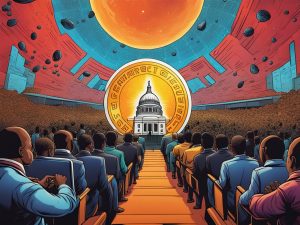Creativity in the Age of Artificial Intelligence
Creativity, a trait often associated with humans, is experiencing a resurgence in the era of artificial intelligence (AI). A recent research paper titled “Can AI Be as Creative as Humans?” explores the concept of creativity in both humans and AI. Traditionally, creativity has been crucial for innovation and societal progress. However, with the rise of AI, the boundaries of creativity are being redefined. This research paper by a team of experts from prestigious institutions delves into this topic and provides valuable insights.
The Transformative Role of AI
The research paper highlights how AI is transforming both practical and creative domains. AI has proven its ability to solve complex problems like drug and protein synthesis. Furthermore, AI has made significant advancements in artistic endeavors such as poetry composition and storytelling. This challenges the notion that creativity is exclusively human.
The Nature of AI Creativity
Questions arise about whether AI can truly be creative or if it simply mimics learned patterns. To address this, we must consider the current capabilities and limitations of AI. Advanced generative models have demonstrated their ability to generate novel ideas and concepts. For example, AI-generated art has gained recognition in prestigious galleries. However, understanding and evoking human emotions remains a challenge for AI.
The Implications and Ethical Considerations
Integrating AI into creative processes could usher in a new era of innovation. Industries like advertising, entertainment, and design can benefit from AI’s rapid idea generation capabilities. It also has the potential to democratize creativity by allowing individuals without traditional artistic skills to express themselves through AI tools. However, ethical questions regarding authorship, originality, and the value of human creativity arise as AI becomes more prevalent in creative fields.
The Future of AI and Creativity
While AI has made significant progress in creative domains, matching the depth and breadth of human creativity remains a complex challenge. The future of AI in creativity lies in collaboration and enhancement of our creative capabilities. AI should serve as a tool to expand human creativity rather than limit it, ensuring a harmonious balance between human ingenuity and AI assistance.
Hot Take: Embracing the Collaborative Potential of AI in Creativity
In the age of AI, creativity is no longer confined to humans alone. The integration of AI in creative processes opens up new possibilities for innovation and expression. By embracing AI as a collaborative tool, we can unlock new avenues for creativity while preserving the unique human touch. It is essential to navigate the ethical considerations surrounding AI’s role in creativity to ensure that it amplifies human ingenuity rather than replacing it. With careful consideration and collaboration, AI can revolutionize the creative landscape, making it more inclusive and expansive than ever before.

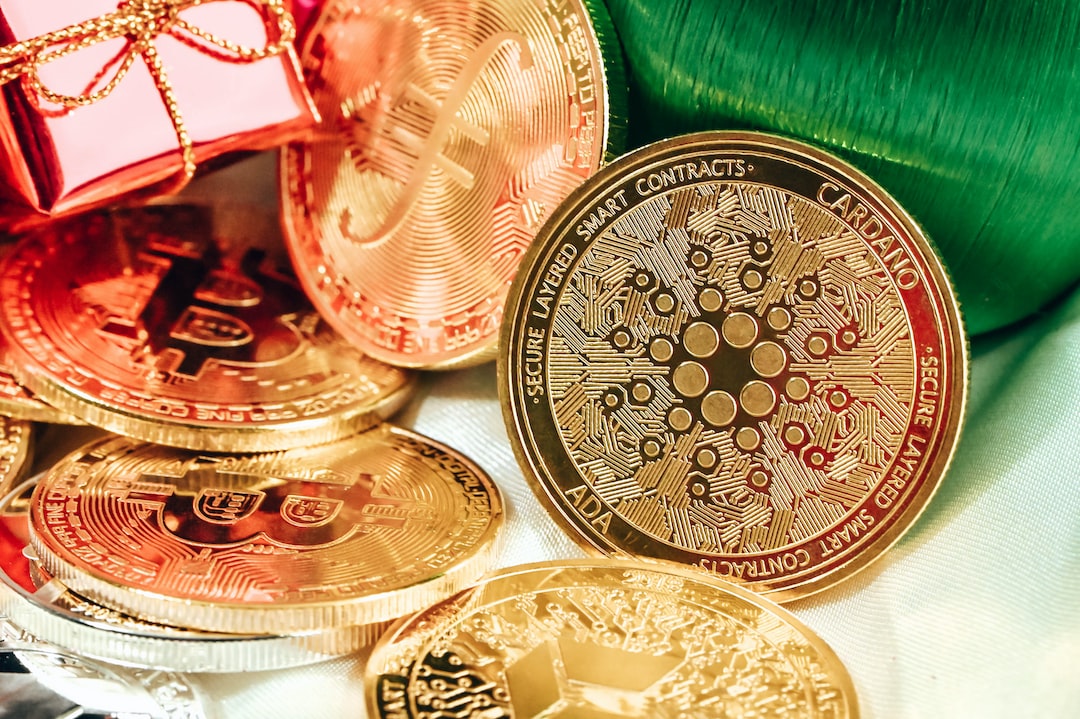
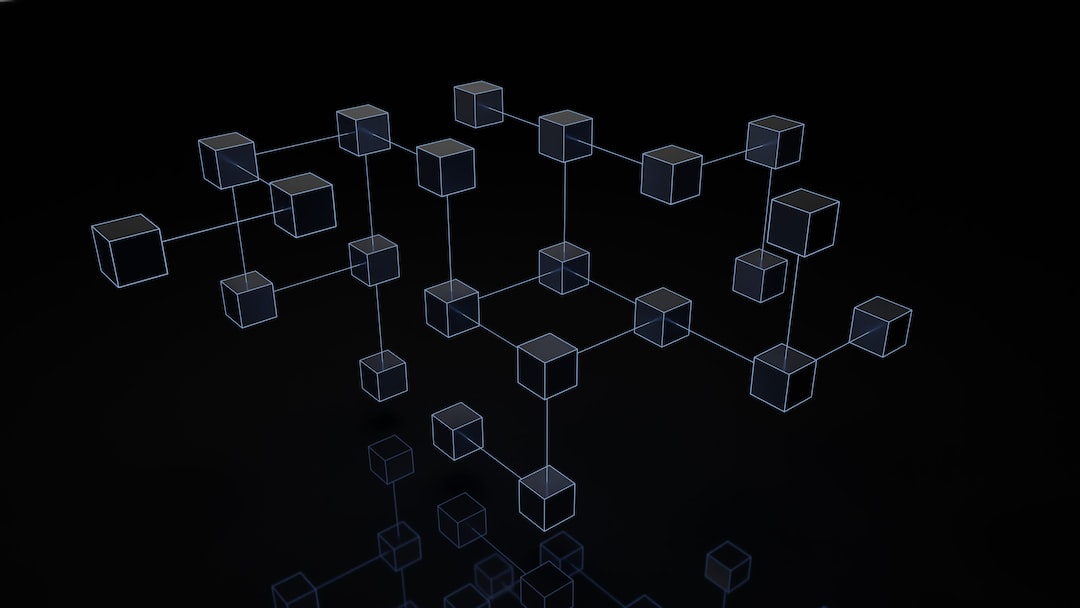
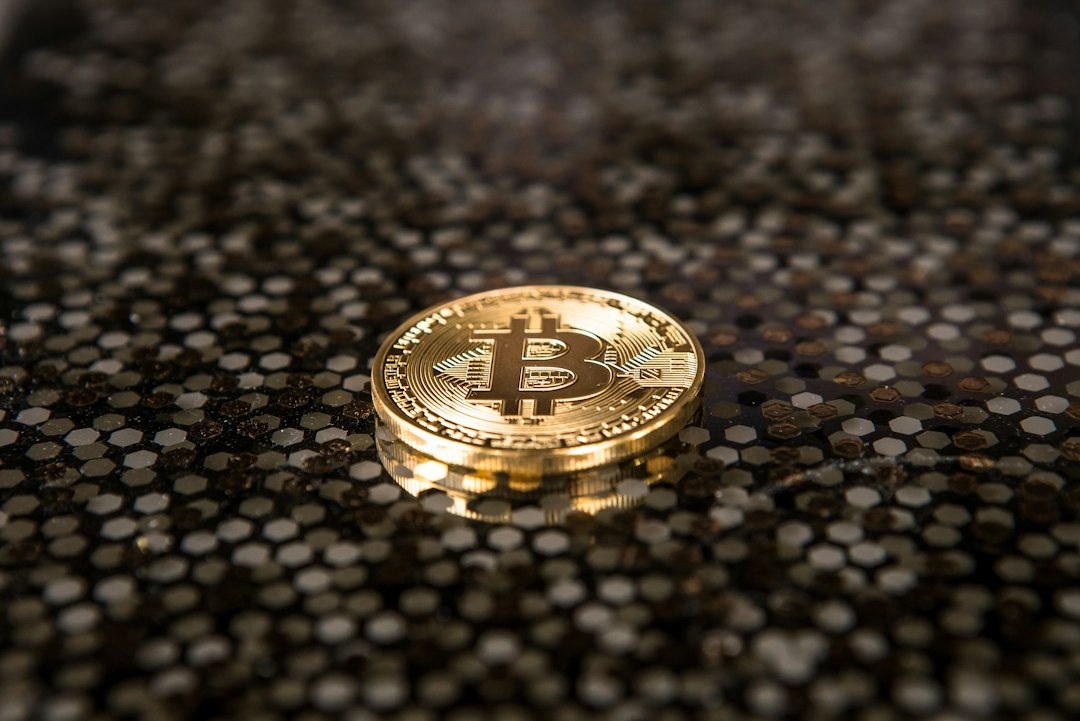

 By
By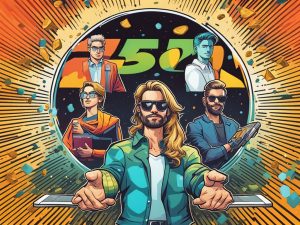
 By
By
 By
By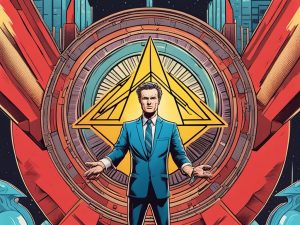
 By
By